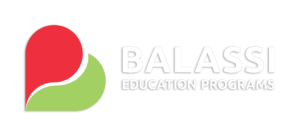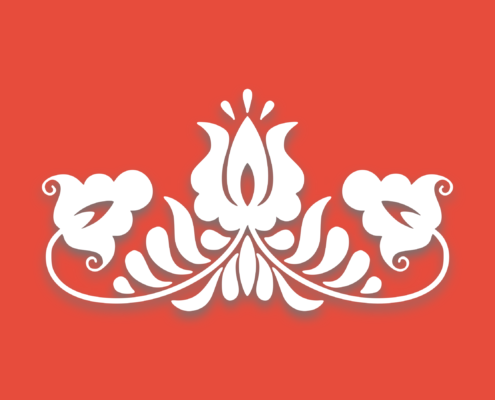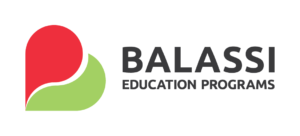The goal of the Hungarian Language and Hungarian Cultural Studies training is to help strengthen the Hungarian identity of the students and prepare them for their future work in disseminating the Hungarian culture. This goal is to be reached by increasing their language competence and by transferring up-to-date knowledge on Hungary and the Hungarian culture.
Youngsters of Hungarian descent, who are citizens and residents of other countries (not neighbouring Hungary), between the age of 18 and 35 years are invited to apply.
To successfully achieve goals of the programme, the Ministry of Foreign Affairs and Trade (MFA) cooperates with member organizations of the Hungarian Diaspora Council, especially with the organizations promoting youth community building, such as the Hungarian Scout Association in Exteris.
The duration of the programme is 10 months (from September to June or in the case of cross- semester system from February to December). The training with cross-semester system is for the southern hemisphere countries applicants.
There are two types of syllabus available according to the different language competence of the students.
- Training Type A provides a higher number of Hungarian language classes to students whose language level is beginner. First semester is suitable for the intensive development of language skills, in order the students can be able to participate in the Hungarian-related subject courses in the second semester.
- Training Type B is offered to more advanced students of Hungarian who study the Hungarian language and the Hungarian-related subjects in the same number of hours in both semesters. Students preparing for the B2 and C1 language exams continue their studies in the same subject structure in both semesters.
The duration of the programme
This 10-month-long training (from September to June or in the case of cross-semester system from February to December) consists of two semesters including 28-32 classroom courses per week and an exam period of 4 weeks.
Teaching Hungarian language and Hungarian-related subjects
One of our main goals is to give students opportunity to learn and deepen their Hungarian language. knowledge, therefore – depending on their language level – they take part in 14–28 language lessons per week. Hungarian-related education is provided in groups of 5–10 people and ends with a state-accredited, internationally recognized ECL language exam on B2 or C1 level.
The initial language level determines the depth and structure in which students learn Hungarian-related studies (history, literature, geography, ethnography, art history, social studies, contemporary Hungarian culture, etc.). Lectures and seminars on Hungarian-related studies provide comprehensive knowledge about the Hungarian cultural heritage.
Students do not only attend classes but also take part in various cultural programmes, e.g. visit museums, during their training. Their programme also includes organized trips, they can participate in excursions in Hungary or in the parts of Carpathian Basin inhabited by Hungarian.
Requirements and completion of programme
During language classes, students’ language proficiency is evaluated both in writing and orally. They also make presentations that require independent work. The course is ended with a language skills exam. Successful completion of the test is confirmed by an ECL language exam certificate. During the lectures, monitoring of students’ progress is continuous. The subject lessons are closed by a written and/ or oral examination.
At seminars, students make a written and/or oral presentation or report. Participants of Training Type B prepare a final thesis and take a final exam on a topic related to Hungarian culture or Hungary.
Contact
Application
Related News
Previous Call for Application
Regulations
Frequently Asked Questions
All questions are available here:
Hungarian Language and Cultural Studies FAQ










